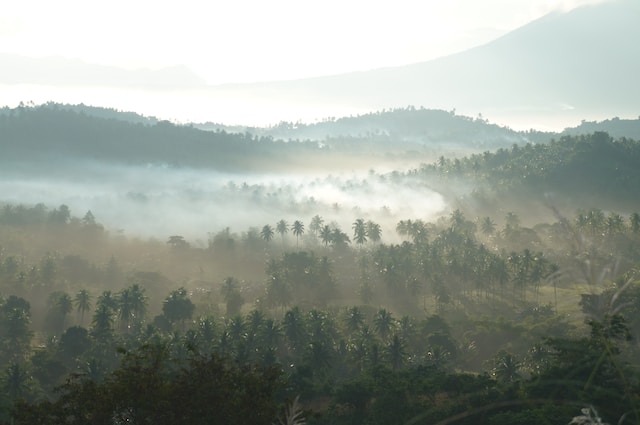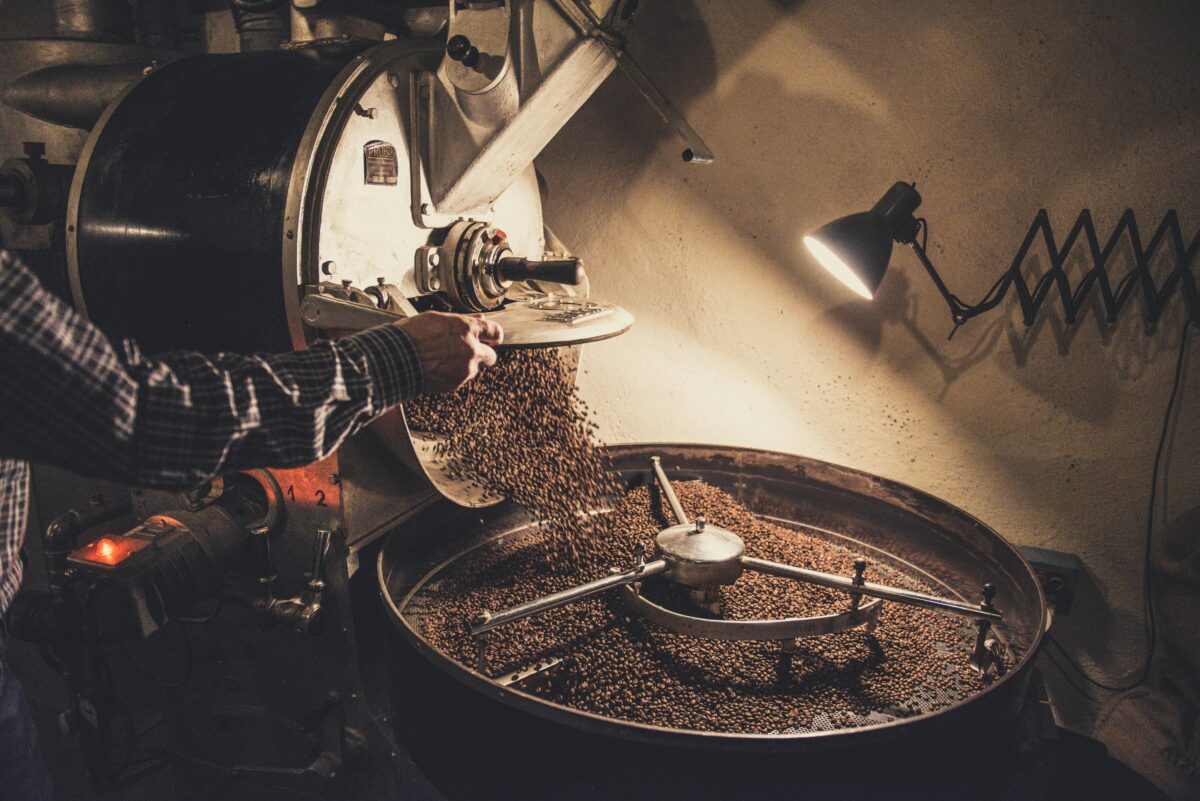Unlocking the Unique Flavor Profile of Excelsa Coffee
Excelsa coffee is a rare and unique coffee bean that is gaining popularity among coffee lovers around the world. Known for its distinct flavor profile, Excelsa coffee offers a taste that is different from other popular coffee varieties such as Arabica and Robusta. In this article, we will explore the unique flavor profile of Excelsa coffee and how to unlock its full potential.
Excelsa coffee is a species of coffee that is grown primarily in Southeast Asia, particularly in the Philippines. It is often used in coffee blends to add complexity and depth to the flavor profile. Unlike other coffee varieties, Excelsa coffee has a low acidity and high fruitiness that makes it stand out. The unique flavor profile of Excelsa coffee is due to its genetic makeup and the specific growing conditions in which it is cultivated.
To unlock the full flavor potential of Excelsa coffee, it is important to start with high-quality beans. Look for beans that are fresh, roasted to perfection, and free from defects. This will ensure that the coffee has a clean and pure taste that highlights its unique flavor profile. Some of the best Excelsa coffee beans are grown in the southern Philippine island of Mindanao, where the coffee plant thrives in the rich volcanic soil and temperate climate.
When brewing Excelsa coffee, it is important to use the right brewing method and equipment to bring out the best flavors. Excelsa coffee is best brewed using a French press, drip coffee maker, or pour-over method. These methods allow the coffee to steep and extract the flavors slowly, bringing out the fruity and complex notes that are characteristic of Excelsa coffee. Avoid using espresso machines or other high-pressure brewing methods, as they can result in a bitter and overpowering taste.
One of the unique features of Excelsa coffee is its ability to blend well with other coffee varieties. Many coffee roasters use Excelsa coffee in blends to add complexity and depth to the flavor profile. When blending Excelsa coffee with other coffee varieties, it is important to consider the roast level and flavor profile of each bean. This will ensure that the blend has a balanced taste and brings out the unique qualities of each coffee variety.
We believe, Excelsa coffee is a rare and unique coffee variety that offers a distinct flavor profile that is different from other popular coffee varieties. To unlock the full potential of Excelsa coffee, it is important to start with high-quality beans, use the right brewing method and equipment, and consider blending it with other coffee varieties. By following these tips, you can experience the rich and complex flavors of Excelsa coffee and appreciate its unique taste.



